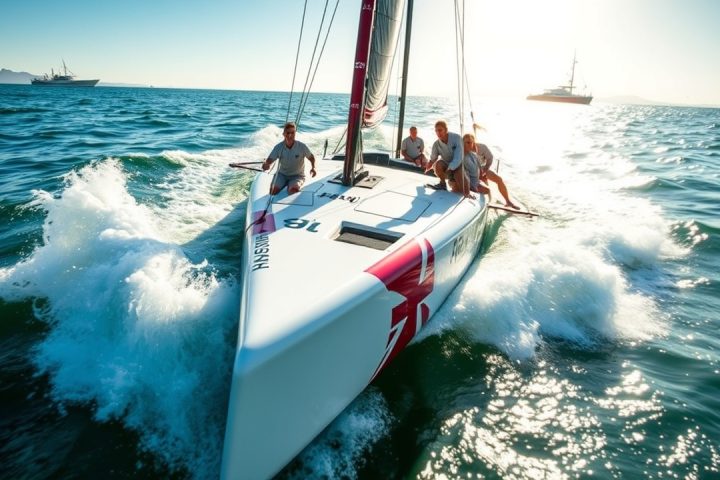European Court of Justice Ruling on FIFA Decisions
In a significant decision announced on Friday, the European Court of Justice (ECJ) has concluded that rulings made by FIFA can be disputed in courts outside of Switzerland, a move that could reshape the landscape for athletes, officials, and clubs bound by these regulations. The court, based in Luxembourg, emphasized that judicial bodies across the 27 EU member states must have the capability to thoroughly assess these awards to determine their compliance with fundamental EU law.
Implications for Court of Arbitration for Sport
This ruling has implications for challenges to decisions from the Court of Arbitration for Sport (CAS), located in Switzerland, which is not part of the EU. The ECJ stated that CAS awards must be subject to effective judicial review, meaning that national courts should be empowered to conduct detailed examinations of such decisions to ensure they align with EU public policy.
Although there was no immediate response from FIFA or CAS concerning the ruling, this legal development may bring an end to a prolonged dispute involving Belgian club RFC Seraing and Maltese investment entity Doyen Sports. These parties had contended against FIFA regulations that ban third-party ownership of players’ registration and their transfer rights. In 2015, they sought judicial intervention in Brussels to ascertain whether these regulations were at odds with EU law. While the ECJ did not address the issue of third-party ownership directly, it focused on the scope of CAS decisions.
Jean-Louis Dupont, the lawyer representing Seraing, commented to the Associated Press that the preliminary reading of the decision indicates a “complete victory for our clients and for the rule of law in the EU.”
The Role of CAS in Sports Disputes
Established in 1984, the CAS serves as a centralized and authoritative legal platform for resolving disputes in various sports and is particularly crucial for handling disciplinary actions from Olympic sports federations. With approximately 950 cases annually, FIFA is the largest contributor to the CAS, with a financial input exceeding 10% of the court’s revenue in 2023. While CAS decisions can be appealed to the Swiss supreme court on limited grounds, these appeals are infrequently successful, as evidenced by the defeat of Seraing and Doyen at the Swiss Federal Tribunal in 2018.
Challenges to Swiss Sports Organizations
The ECJ clarified that any CAS ruling that prevents other judicial bodies from taking action is incompatible with EU law, delivering another substantial challenge to the authority of Swiss sports organizations. This ruling follows two significant judgments in recent years from the same court, which have also called into question the powers of FIFA and UEFA under EU competition law, particularly in relation to the Super League case and disputes regarding player transfers with Lassana Diarra.




